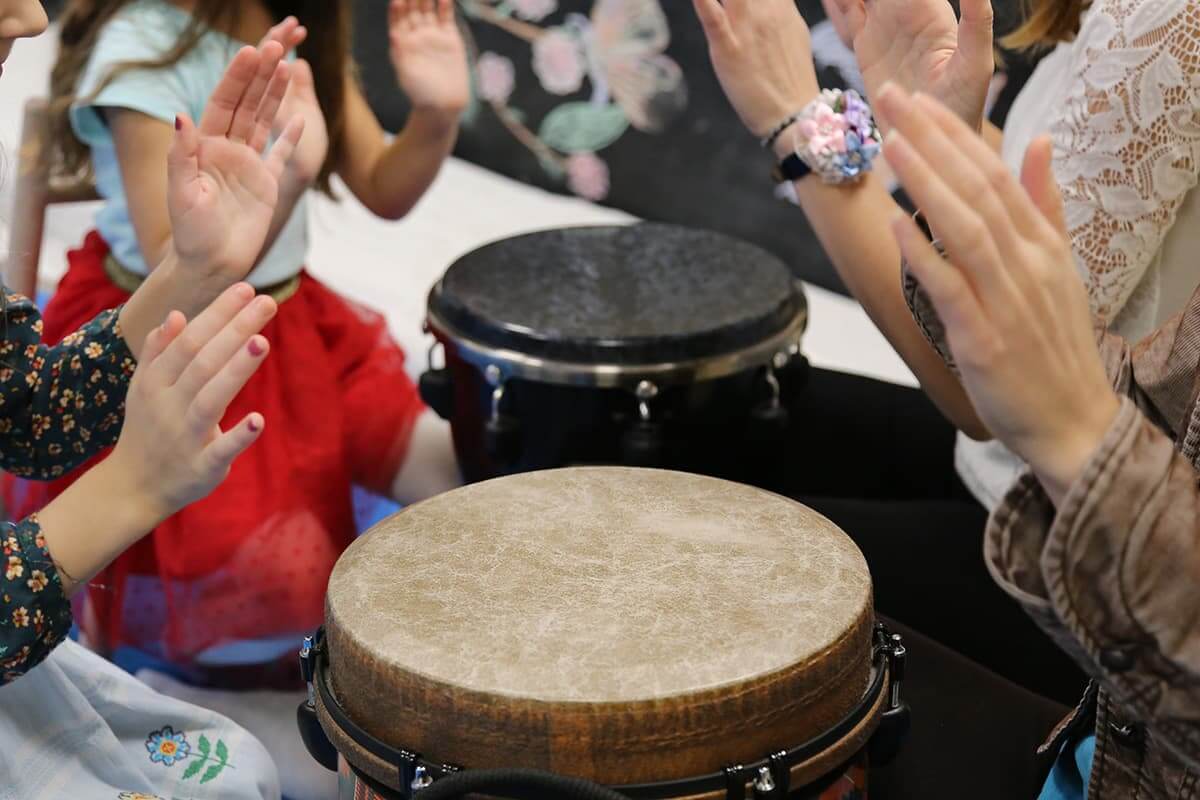Art and music therapy are part of holistic therapy practices. These unique treatment options are often part of an overall substance use treatment program. While mainstream use of these practices is relatively new, the idea of using them for treatment is not. Art and music therapy go together in ways that you might find surprising. To learn more, contact Memphis Recovery Centers today at 901-272-7751.
What is Art Therapy?
Art therapy for substance use disordersdates back to the 1950s. The Art Therapy Association asserts that art therapy can play a crucial role in treating addiction. Clients may work in an individual or group setting. They are guided by an addiction professional with knowledge and training in art therapy.
Art therapy at a recovery center can include:
- Create art based on a memory they have while in active addiction
- Draw or paint their emotions
- Create art when they are experiencing stress
- Keep an art journal to express their feelings creatively
- Create sculptures
What are the Benefits of Art Therapy?
Feelings can be difficult to express verbally or even consciously identify. The creative process of art allows you to move beyond the conscious mind. It is a way to say what is in the subconscious, and it can create a greater awareness between the conscious and subconscious mind. Reducing denial and opposition to treatment are a few ofthe benefits of art therapy.
It also helps you to move from a state of thinking to a state of action. The act of creating art, instead of merely contemplating your thoughts, encourages you to take action in other areas. This makes it helpful for enabling you to be active and take action in your recovery. It also reduces shame. Shame is one of the most challenging struggles in addiction recovery. Being able to express yourself by sharing your work with others helps decrease shame and increase intimacy between peers.
Art can alsoimprove mood and reduce anxiety. It creates a relaxing state that is incredibly helpful for those who struggle with anxiety, PTSD, or overwhelming thoughts.
What is Music Therapy?
Music is a universal language. You’ve probably noticed that listening to music can completely change your mood or make you feel understood when you feel alone. Music therapy has been in use since the 1970s. It has been shown to help if you don’t respond to other treatment options. It is very successful for adolescents as well.
Activities included in music therapy at a recovery center are:
- Listening to music
- Lyric analysis
- Using music as a form of relaxation
- Playing music
- Songwriting
- Dancing
Benefits of Music Therapy
Music therapy can encourage people to participate in treatment. Lyric analysis and songwriting improve mood and positive feelings. It also allows a way to express or identify with difficult emotions. Along with merely listening or singing songs, these practices can create openness between clients and peers and the therapist.
Drumming is a great way to relax, even if you have no prior training. Dancing to music has a surprising number of benefits during treatment. It can also cause a reduction in anger, stress, anxiety, and depression. Like art, music therapy provides ways to communicate and connect beyond regular verbal communication.
Who Benefits From Art and Music Therapy?
Anyone who is dealing with a substance use disorder should find benefits in art and music therapy. However, women and adolescents may respond the best to this approach. These therapies are well suited to those who have experienced trauma, which is a significant reasonwomen begin using drugs. Studies also show that adolescents often use both music and drugs as a way to relieve distress.
Art and Music Therapy at Memphis Recovery Centers
If you are struggling with addiction, the right recovery program can help you regain your life. AtMemphis Recovery Centers, we take a highly individualized approach to treatment. We work with each client to determine the treatments that best meet their needs for the most effective treatment. You don’t have to fight addiction alone. Contact us today at 901-272-7751, or contact us online.








